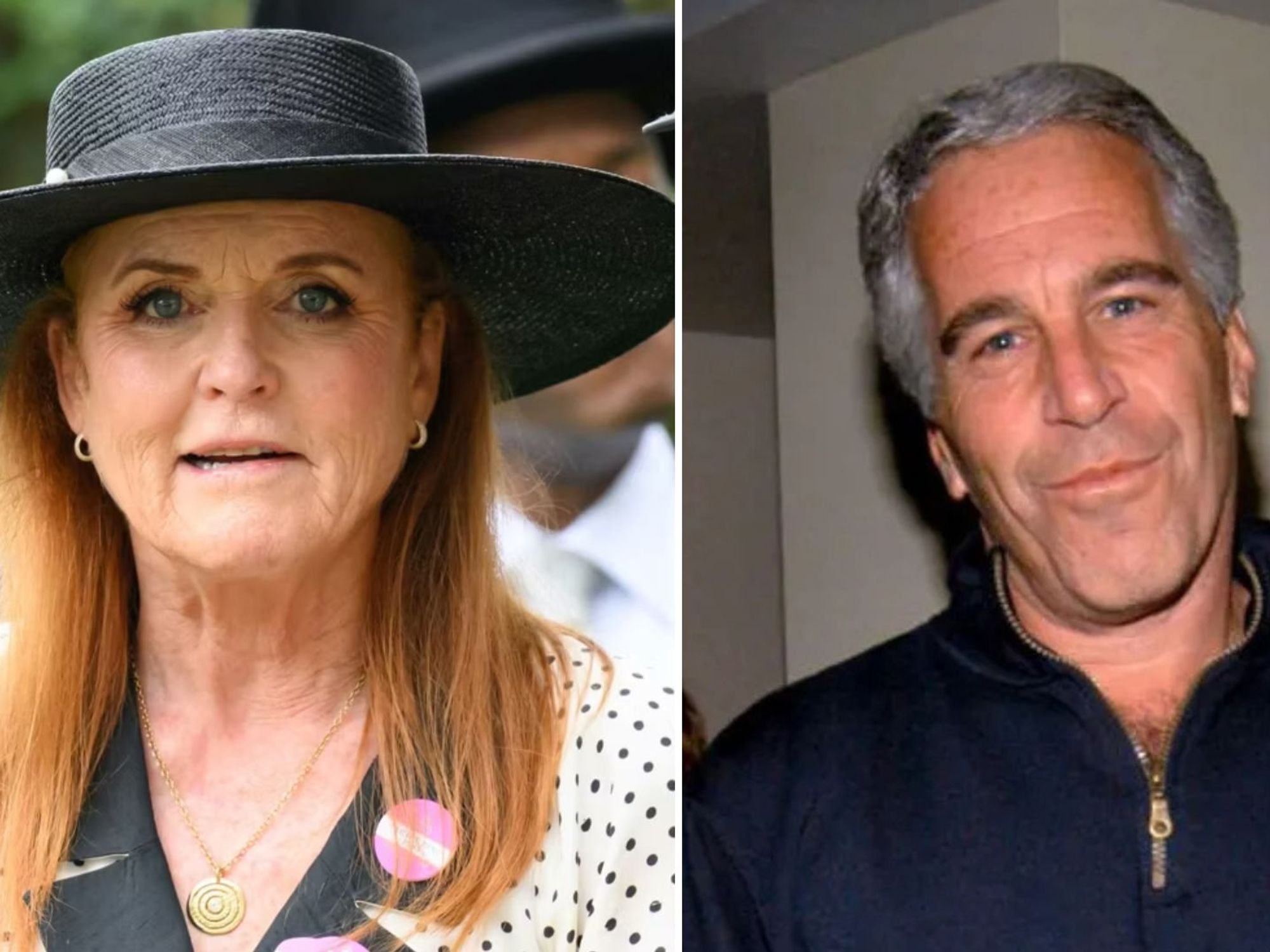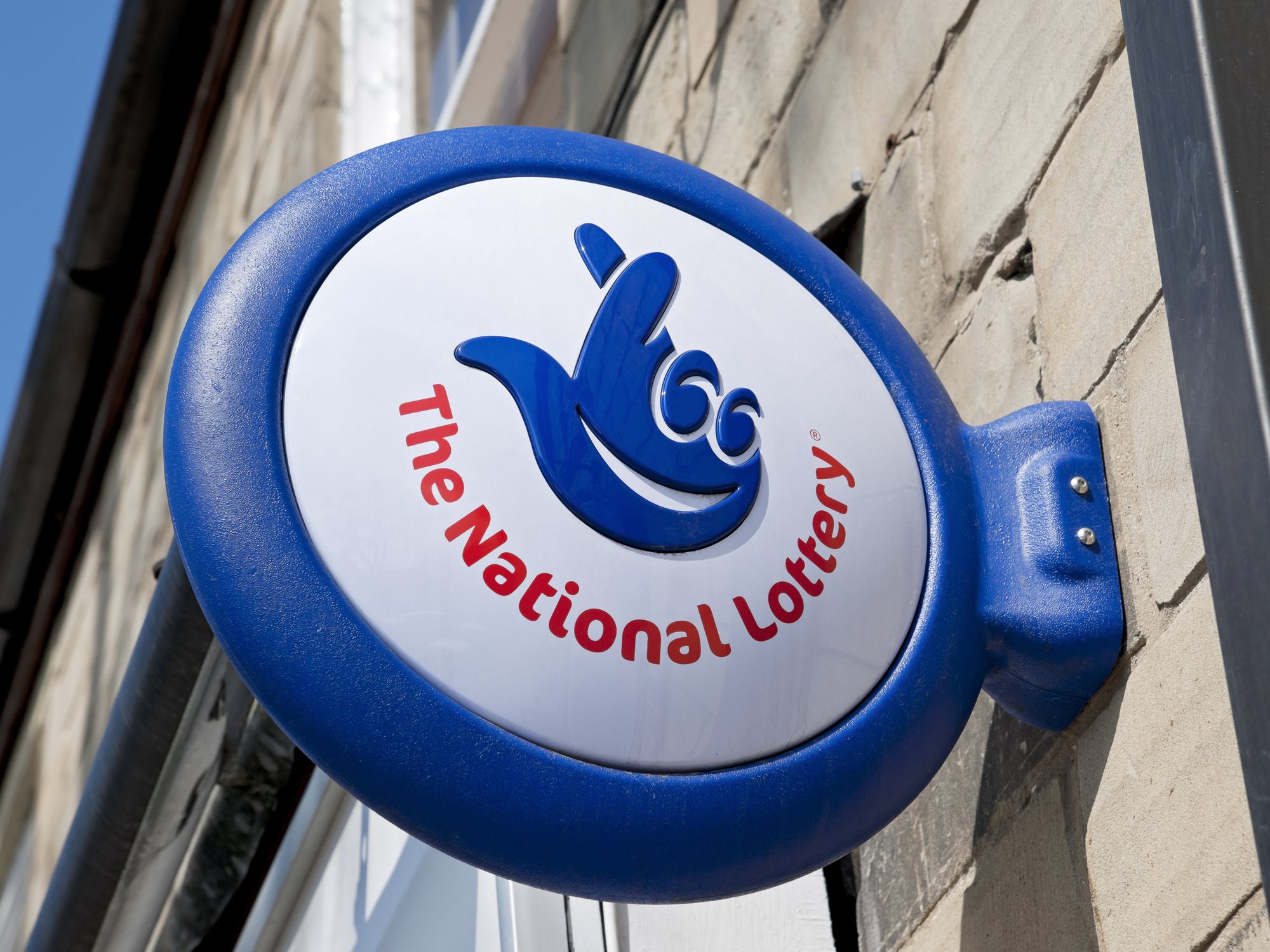Ancient mystery: 12,000-year-old 'fire spell' could be world's oldest tradition
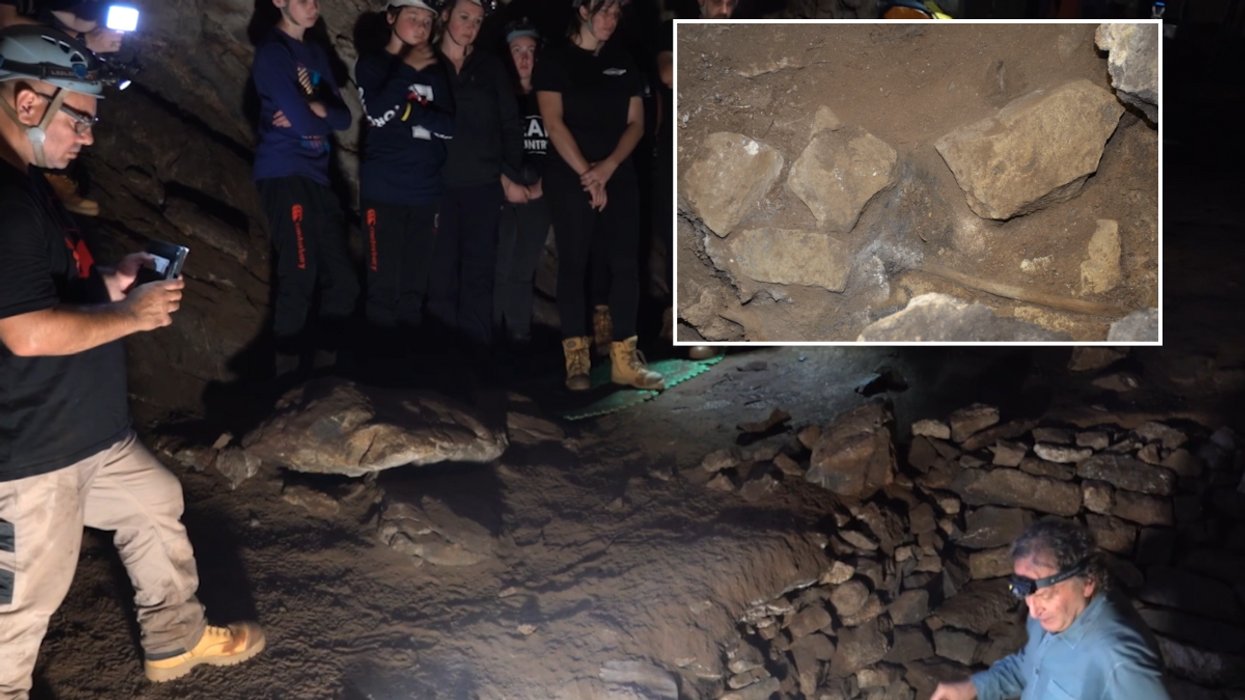

Researchers in southern Australia worked with GunaiKurnai Elders to make the ground-breaking discovery
Don't Miss
Most Read
Latest
Scientists in Australia have made a discovery into what is believed to be the world's oldest tradition, dating back 12,000 years.
Archaeologists from the GunaiKurnai Land and Waters Aboriginal Corporation and Monash University excavated at Cloggs Cave in East Gippsland, Victoria, approximately 300km east of Melbourne.
They found evidence of a custom that involved medicine men and women of the GunaiKurnai people retreating to a secluded cave where they would smear kangaroo or human fat on a "throwing stick."
This stick, a weapon fashioned of Casuarina wood, would have an item taken from an enemy tied to it which was wedged in the ground over a fire and the token burnt while chanting their name to curse them.
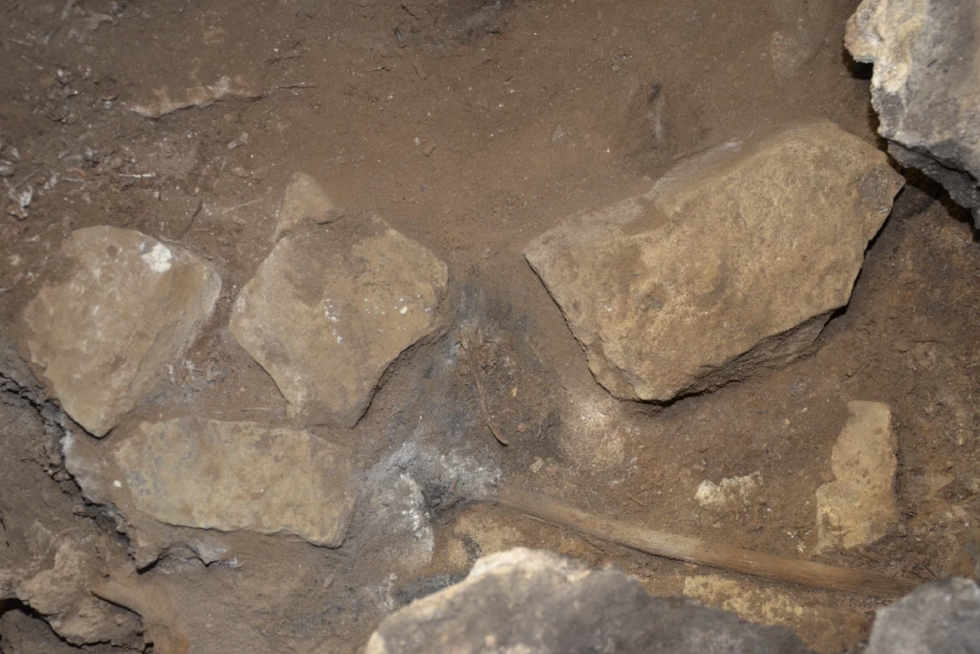
One of the two small fireplaces with shaped sticks excavated in Cloggs Cave
|Supplied
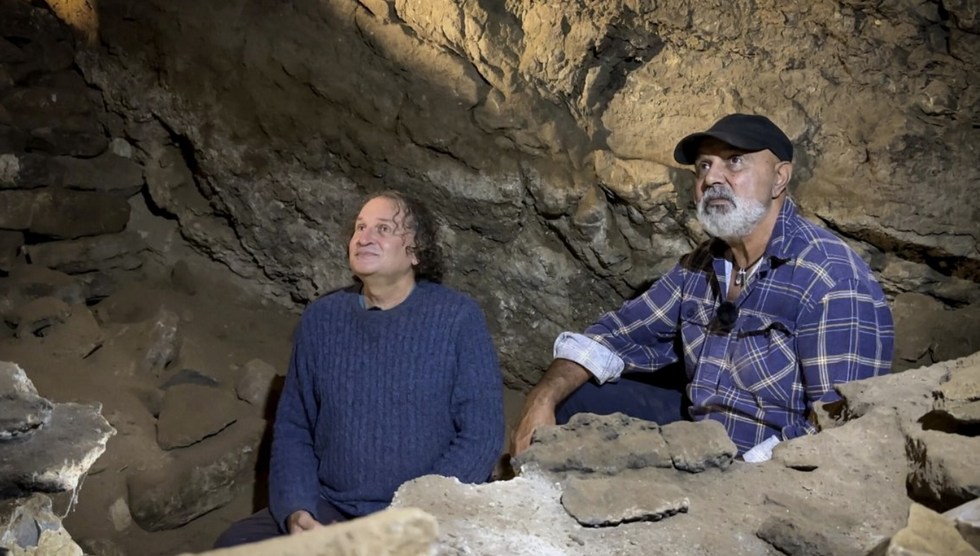
Professor Bruno David, left, and GunaiKurnai elder Uncle Russell Mullett in Cloggs Cave in Victoria, Australia
|GUNAIKURNAI LAND AND WATERS ABORIGINAL CORPORATION
Chemical analyses revealed that sticks found in the cave had been smeared with animal or human fat, and date back to 11,000 and 12,000 years ago respectively, marking the end of the Last Ice Age.
Alfred Howitt, a government geologist and pioneer ethnographer, documented the ritual practices of mulla-mullung, powerful GunaiKurnai medicine men and women in the nineteenth century.
GunaiKurnai Elder Uncle Russell Mullett said the findings, representing cultural knowledge passed down through 500 generations, are remarkable.
He said: "For these artefacts to survive is just amazing. They’re telling us a story. They’ve been waiting here all this time for us to learn from them.
"A reminder that we are a living culture still connected to our ancient past. It’s a unique opportunity to be able to read the memoirs of our Ancestors and share that with our community."
LATEST SCIENCE NEWS:
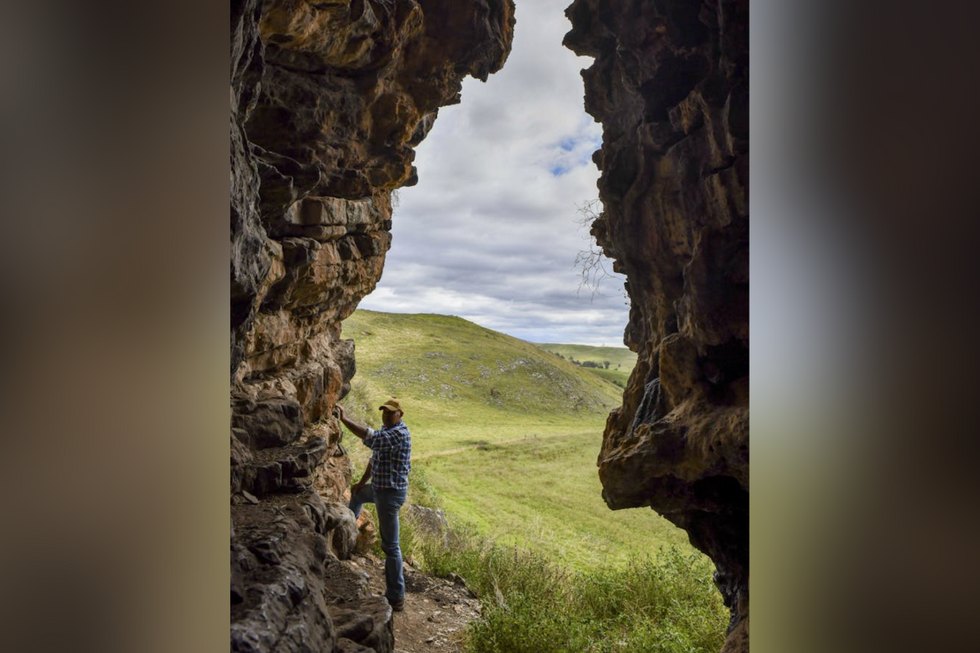
GunaiKurnai Elder Uncle Russell Mullett at entrance to Cloggs Cave, East Gippsland
|GunaiKurnai Land and Waters Aboriginal Corporation
Professor Bruno David from the Monash Indigenous Studies Centre at Monash University, said the findings are a testament to the endurance of GunaiKurnai cultural practices and oral traditions.
He said: "The connection of these archaeological finds with recent GunaiKurnai practices demonstrates 12,000 years of knowledge transfer.
"Nowhere else on Earth has archaeological evidence of a very specific cultural practice previously been tracked so far back in time."
Writing in 1887, Howitt said: "The Kurnai practice is to fasten the article [something that belonged to the victim] to the end of a throwing stick, together with some eaglehawk feathers, and some human or kangaroo fat."
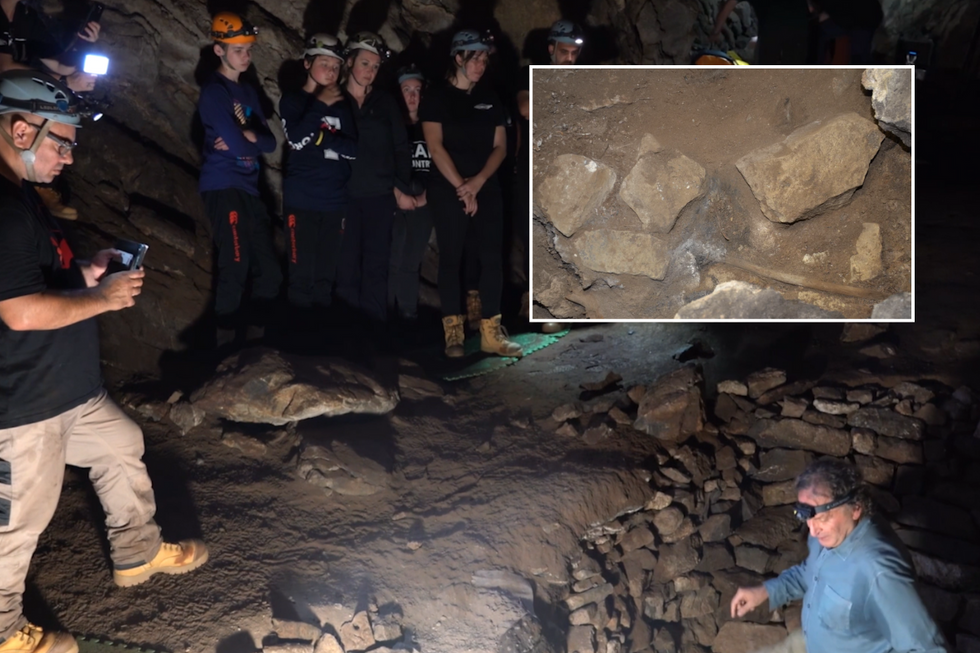
The excavation took place in the southern Australia
|GunaiKurnai Land and Waters Aboriginal Corporation
He continued: "The throwing stick is then stuck slanting in the ground before a fire, and it is of course placed in such a position that by-and-by it falls down.
"The wizard has during this time been singing his charm; as it is usually expressed, he ‘sings the man’s name,’ and when the stick falls the charm is complete. The practice still exists."
Uncle Russell Mullett said he believes it is time for GunaiKurnai to reclaim the stories and better understand the ways of their Old Ancestors.
He said: "It’s only when you combine the Western scientific techniques with our traditional knowledge that the whole story can start to unfold."






